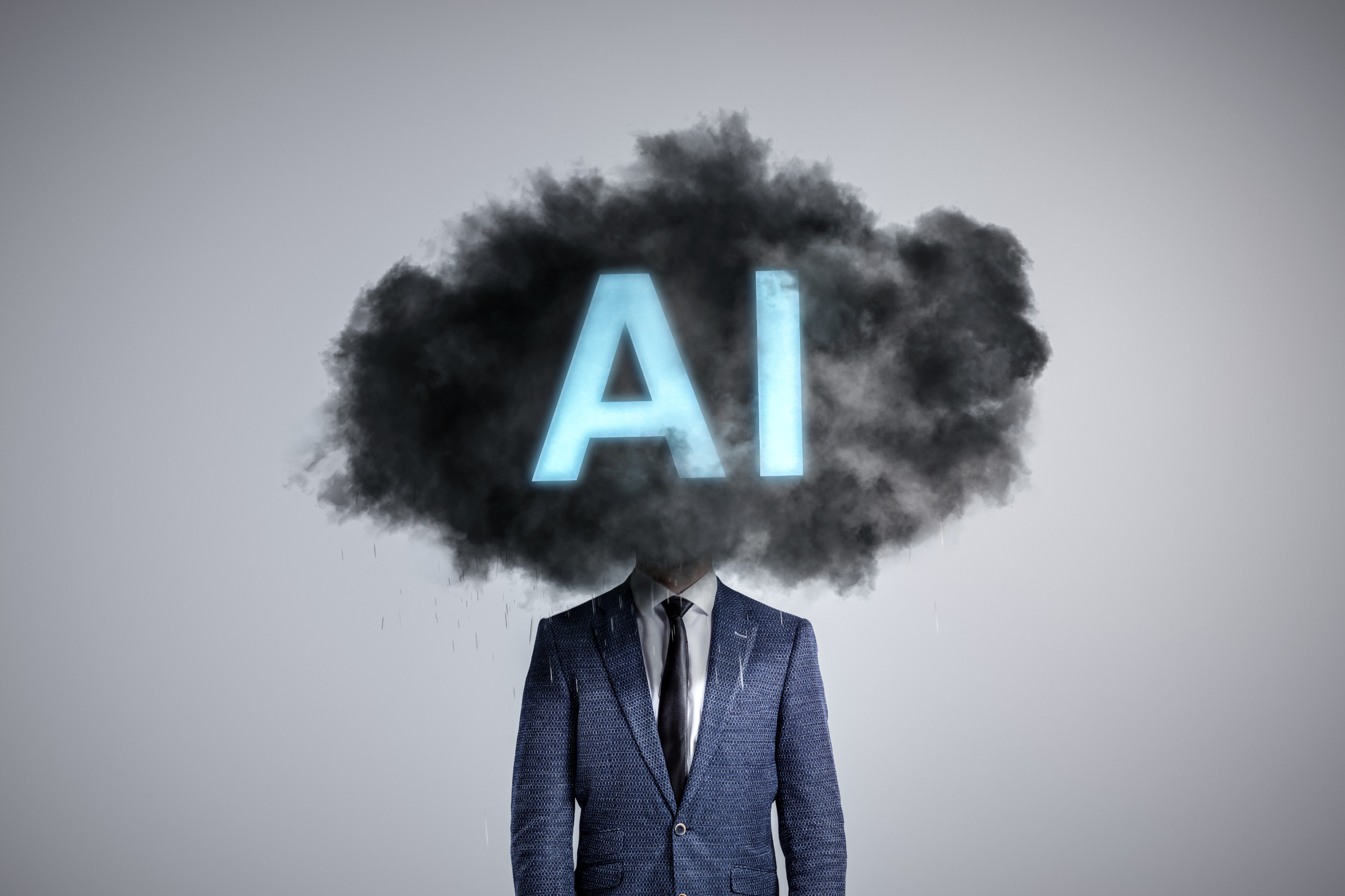We’ve all heard how Artificial Intelligence (AI) is the future. Whether it be calling balls and strikes in Major League Baseball or creating content, we’re told that AI will replace humans in numerous fazes of everyday life. But will AI impact all industries? For the purpose of this article, we’ll look at how it might affect the marketing/communication industry. While we will focus a bit later on other impacts of AI, we will begin by considering its influence of a fundamental piece of marketing/communications: the content itself. Marketing is, in essence, a type of communication that works to appeal to both logic and emotions.
AI is defined by the Oxford Dictionary as “the theory and development of computer systems able to perform tasks that normally require human intelligence, such as visual perception, speech recognition, decision-making, and translation between languages.” This definition focuses on “human intelligence,” or the logical side of humanity. Certainly, AI can substitute human knowledge of a variety of subjects, from historical occurrences and popular culture to policy being discussed at various levels of government. This is all extremely useful, but there is one thing AI can’t replace: connectivity between humans and the emotion that comes with that.
As a test, I used AI to re-write our last blog post, which discussed women’s college basketball and the progress it is making on the sports stage. What stood out about the AI version was that it was far more driven by facts, with numerous citations and historical descriptions. To test the AI content’s effectiveness in appearing as being written by a person, I also used multiple AI text detectors and included my own article as well to see how successfully the AI content could appear as human-written. Surprisingly, I received mixed results. Three of the four were deemed to be written by humans, to differing degrees.
But what does that mean for marketing and communications? Simply put, there’s less to worry about than we might imagine. According to Gallup, 70% of human decision making is based on emotion, an area in which humans greatly surpass AI, while only 30% are based on rational factors, where AI is best-suited. There will always be a need to connect to human emotion, and thus, there will always be a demand for writers; while AI can equal and replace human writing to a point, there is a level of writing that cannot be equaled by AI.
Even beyond writing, the rise of AI isn’t necessarily threatening. AI has the potential to augment what employees are already doing. This can take shape in a number of different ways, a few of which I have detailed below:
1. Automating Workflows
AI’s ability to do simple tasks like data entry or data processing allows employees to focus their energies on other tasks, such as strategy and communication. This allows organizations to run more efficiently and productively, leading to better outcomes for both the business and its clients.
2. Data
When developing marketing initiatives, data is essential to ensuring campaigns are effective at achieving their goals. In this area, AI can be particularly helpful. AI can provide statistical insights into customer behaviors and preferences, finding patterns that humans may miss on their own. Further, with AI crunching the numbers, employees can focus on developing strategies that respond to those findings.
There is no doubt that AI will change the way business is done. But instead of replacing people and processes, it might just enhance what’s already there.
Will AI Take Your Job?


